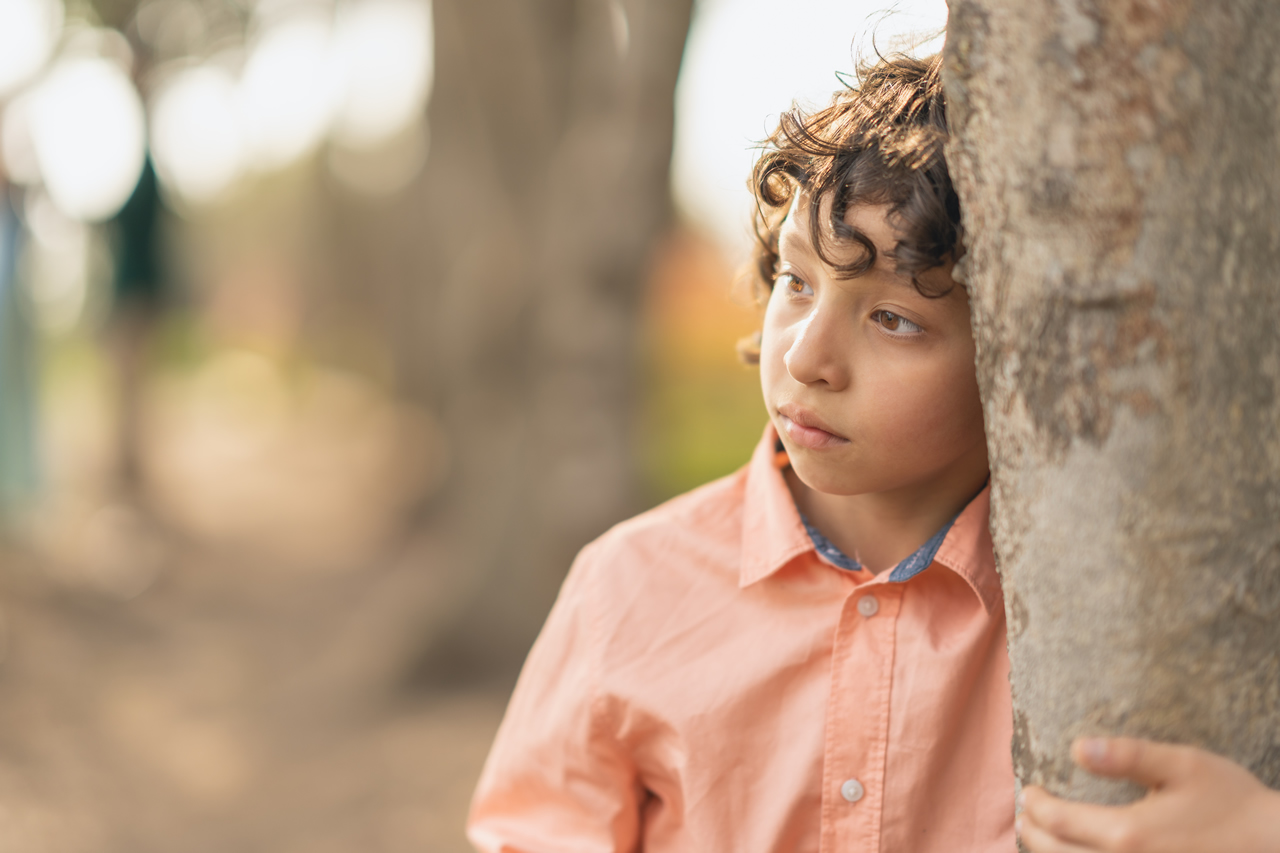Understanding the Dynamics
Kid, especially as they grow and explore their independence, can sometimes say things that are hurtful to their parents. This can be a challenging situation for any parent to navigate. Understanding why your child might say hurtful things is the first step toward addressing the issue effectively.
Reasons Kid Might Hurt Parents' Feelings
- Testing Boundaries: Children are constantly learning about the world around them, including how their actions affect others. Sometimes, they might say something hurtful as a way of testing boundaries.
- Expressing Emotions: Children, particularly younger ones, often lack the language skills to express complex emotions. Hurtful words may be their way of expressing frustration, anger, or sadness.
- Mimicking Behavior: Children learn by imitation. If they've heard someone else say something hurtful, they might repeat those words without fully understanding their impact.
- Seeking Attention: Sometimes, children say hurtful things as a way to get attention from their parents, especially if they feel neglected or overshadowed.
How to Respond When Your Child Hurts Your Feelings
Stay Calm
Reacting with anger or hurt can escalate the situation. Take a deep breath and try to approach the situation with calmness and empathy. Remember, your response will model how to handle emotional hurt for your child.
Acknowledge Your Feelings
It's important to acknowledge your feelings, both to yourself and to your child. You can say something like, “What you said hurt my feelings.” This teaches your child that their words have an impact on others.

Seek Understanding
Try to understand why your child said what they did. Ask them calmly about what led to those words. This can help uncover underlying issues that need to be addressed, such as feelings of frustration, jealousy, or sadness.
Teach Emotional Intelligence
Use the situation as a teaching moment. Discuss emotions and how to express them in a healthy way. Encourage your child to use words that describe their feelings instead of words that might hurt others.
Set Boundaries
Make it clear that hurtful words are not acceptable. Explain the difference between expressing feelings and being hurtful. Setting clear boundaries helps children learn the limits of acceptable behavior.
Encourage Apologies
Teach your kid the value of apologizing when they've hurt someone. An apology can be a way to mend the emotional hurt and teaches your child about taking responsibility for their actions.
Show Forgiveness
Demonstrate forgiveness when your kid apologizes. This teaches them about grace and the importance of moving forward after a mistake.
Reflect and Learn Together
After the situation has calmed down, reflect on what happened with your kid. Discuss what both of you learned from the experience and how you can handle similar situations better in the future.
Final Thoughts
When your kid says something that hurts your feelings, it presents an opportunity for teaching and growth for both of you. By responding with empathy, setting clear boundaries, and using the situation as a teachable moment, you can help your child develop emotional intelligence and respect for the feelings of others. Remember, parenting is a journey that involves learning and growing together with your kid.



